Boost Your Online Presence with a Professional SEO Audit
SEO Audit Services: Obtain a Comprehensive Audit and Action Plan
Uncover the Roadblocks to Maximizing Your Website’s Search Traffic and Conversions. Explore Creative Web Designs’ SEO Audit Services for Actionable Insights and Customized Solutions!
Customized Web Design Solutions
We believe in creating unique and visually stunning websites that reflect your brand's personality and values.
Conversion-Focused Design Approach
We ensure that your website not only attracts visitors but also compels them to take the desired actions, such as filling out a contact form or making a purchase.
Comprehensive Digital Marketing Services
We offer a range of digital marketing solutions to complement your website and maximize its online impact.

SEO Audit Services for Effective Digital Marketing
Drive More Traffic and Increase Your Website's Ranking with Strategic SEO Techniques
Welcome to Creative Web Designs, where we provide comprehensive SEO audit services to help businesses improve their online visibility, drive organic traffic, and maximize their website’s performance. Our experienced team of SEO experts uses the latest tools and strategies to conduct in-depth audits and deliver actionable recommendations tailored to your unique business needs. With our SEO audit services, you can unlock the full potential of your online presence and achieve long-term success in the digital landscape.
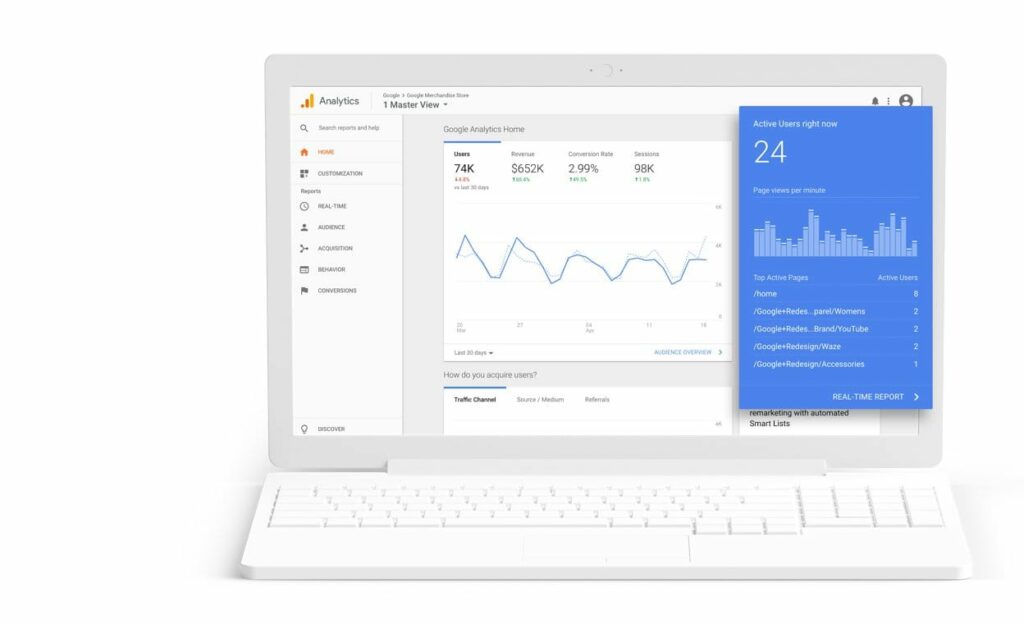
Our Strategic SEO Techniques
Drive Organic Traffic and Dominate Search Rankings with Creative Web Designs' SEO Solutions
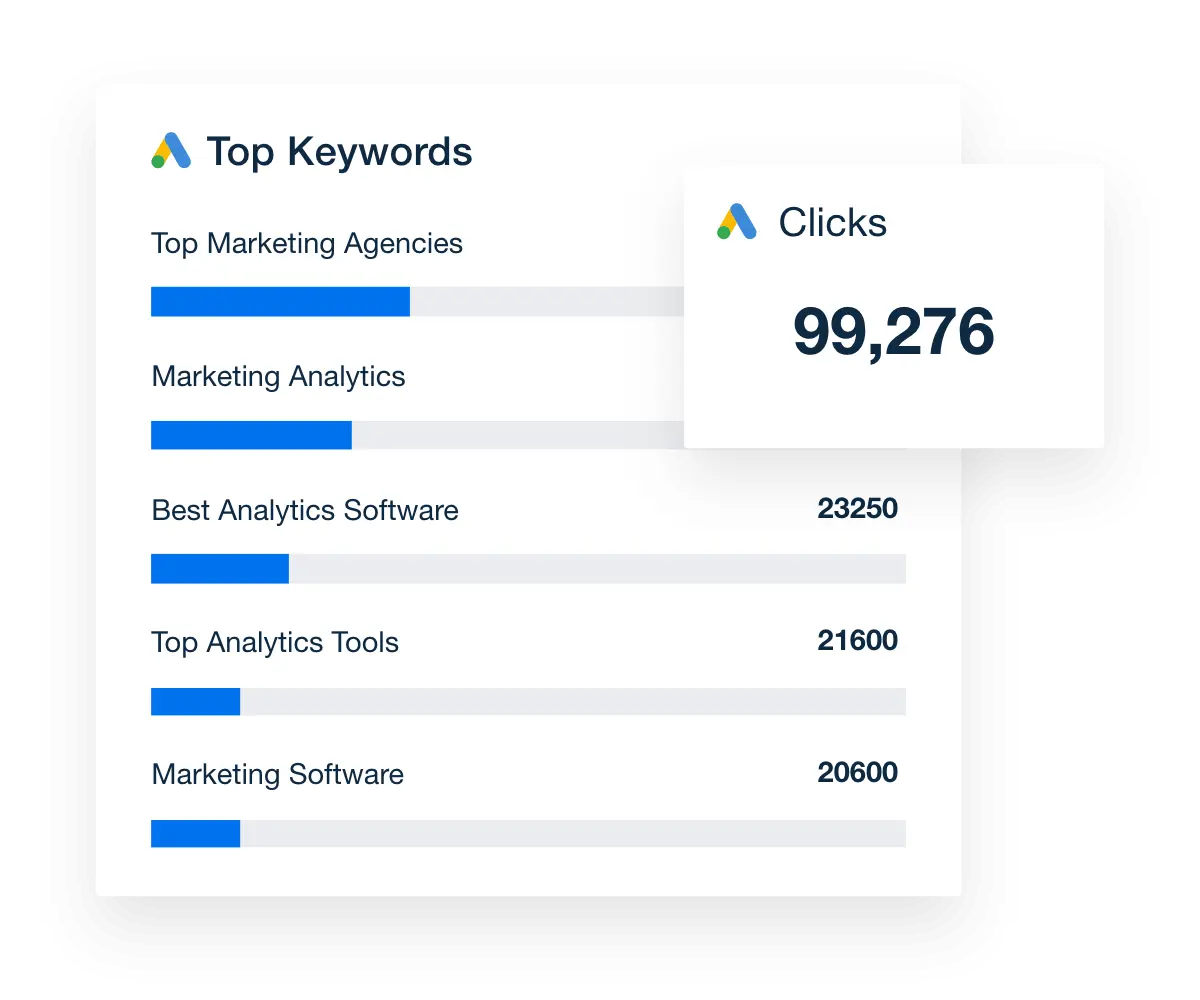
Keyword Research
We perform in-depth keyword research to identify the most relevant and high-traffic keywords for your business. By understanding the search behavior of your target audience, we ensure that your website ranks for the terms that matter the most.
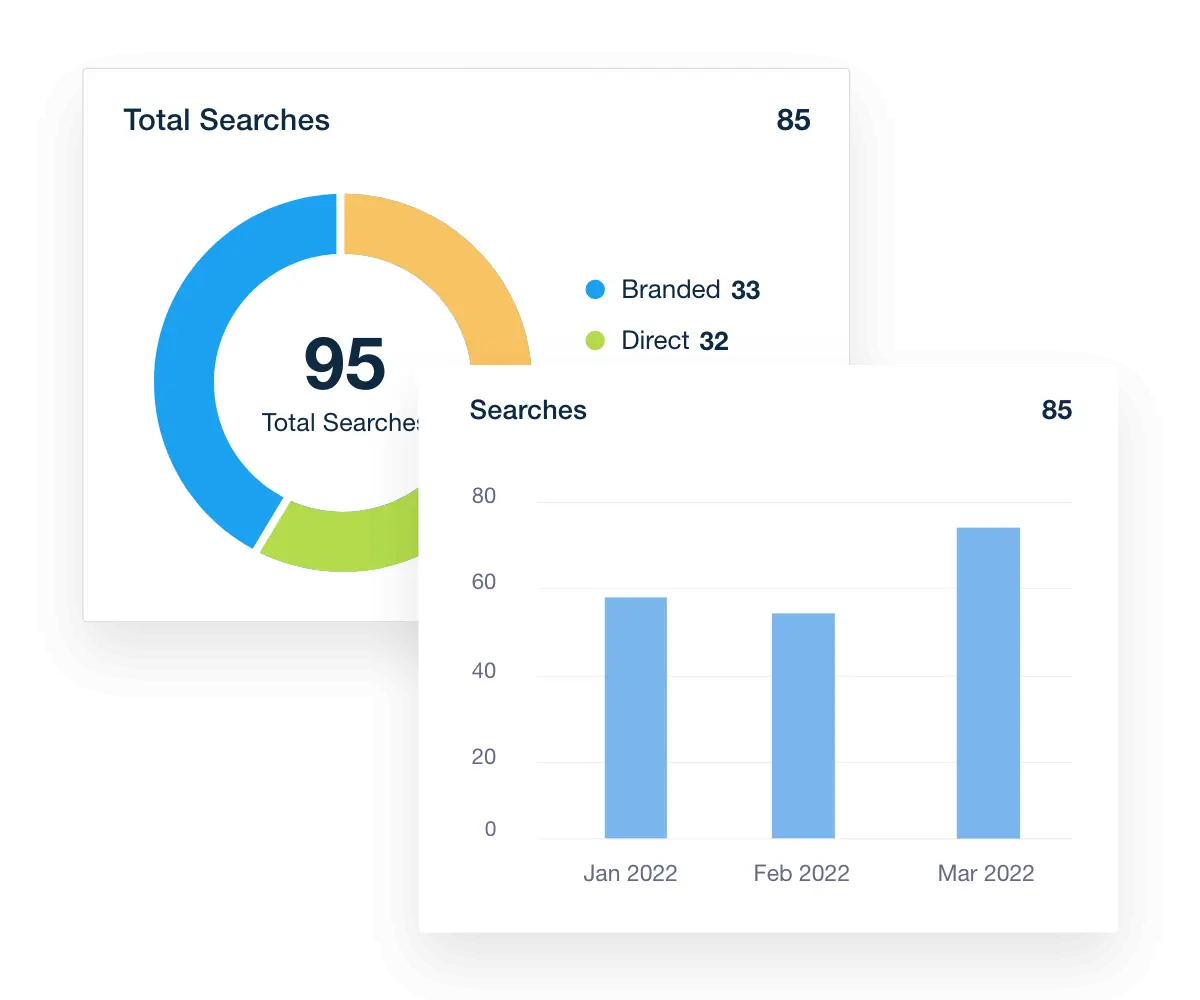
On-Page Optimization
Our team of experts will optimize your website's content, meta tags, headings, and other on-page elements to ensure they align with local search queries. We'll also optimize your website's structure, URLs, and internal linking to enhance its visibility in search engines.

Local Listings Management
We'll create and optimize your business profiles on popular local directories and review platforms like Google My Business, Yelp, and Yellow Pages. Managing and regularly updating these listings will help improve your online reputation and increase your local search visibility.
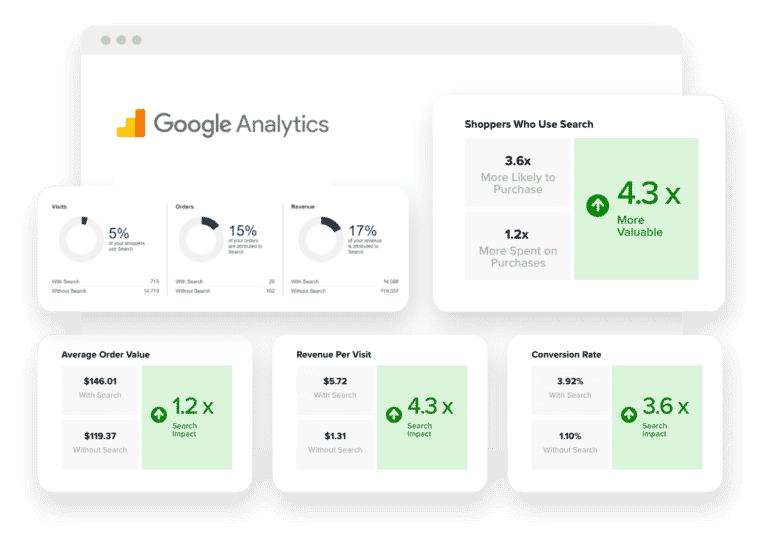
Mobile Optimization
With the majority of local searches happening on mobile devices, having a mobile-friendly website is crucial. We'll optimize your website for mobile devices, ensuring seamless navigation and a positive user experience across all screen sizes.
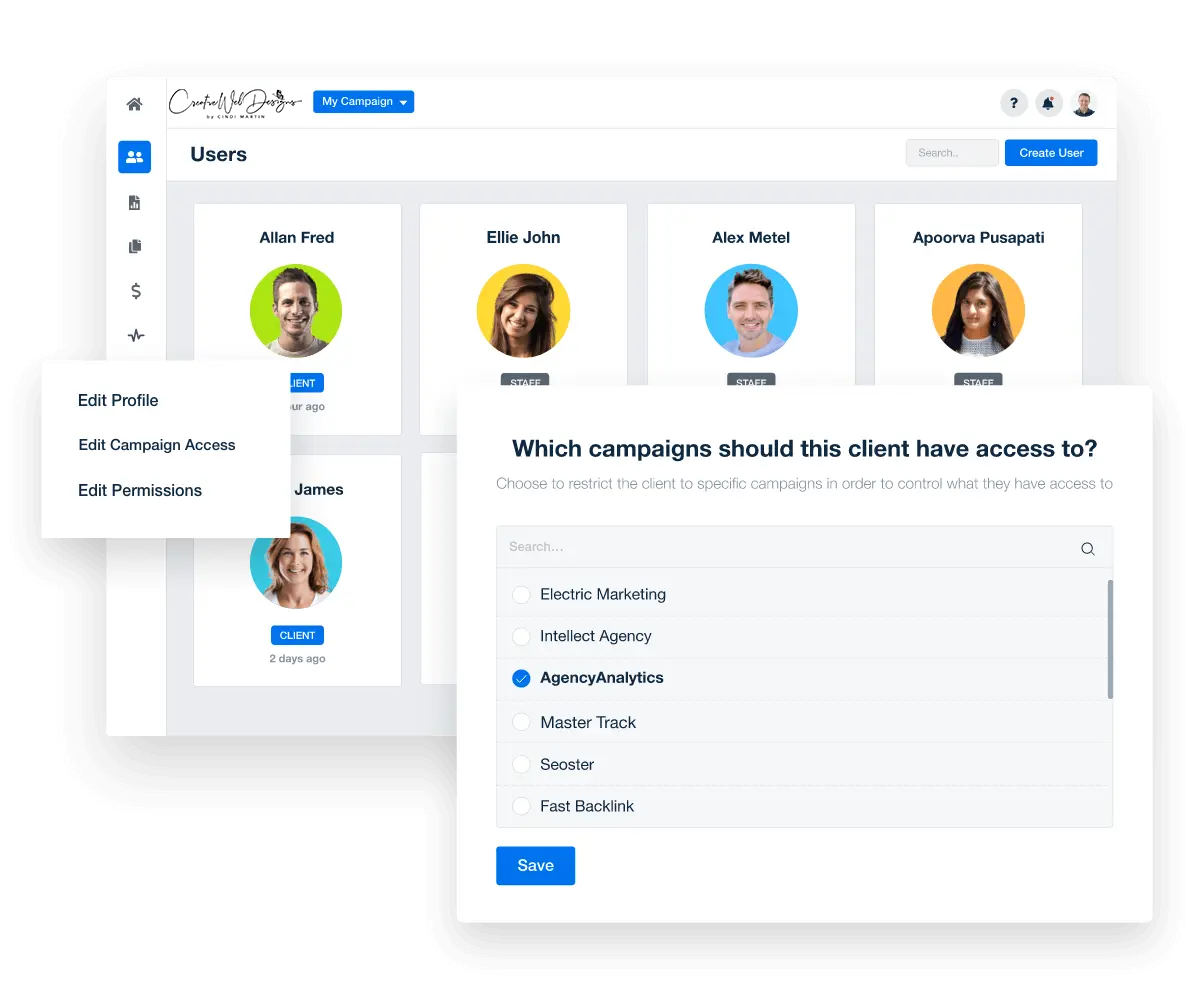
Online Reviews and Reputation Management
Positive online reviews can significantly impact your business's reputation and local search rankings. We'll implement effective strategies to encourage your satisfied customers to leave reviews, respond to customer feedback, and manage your online reputation effectively.
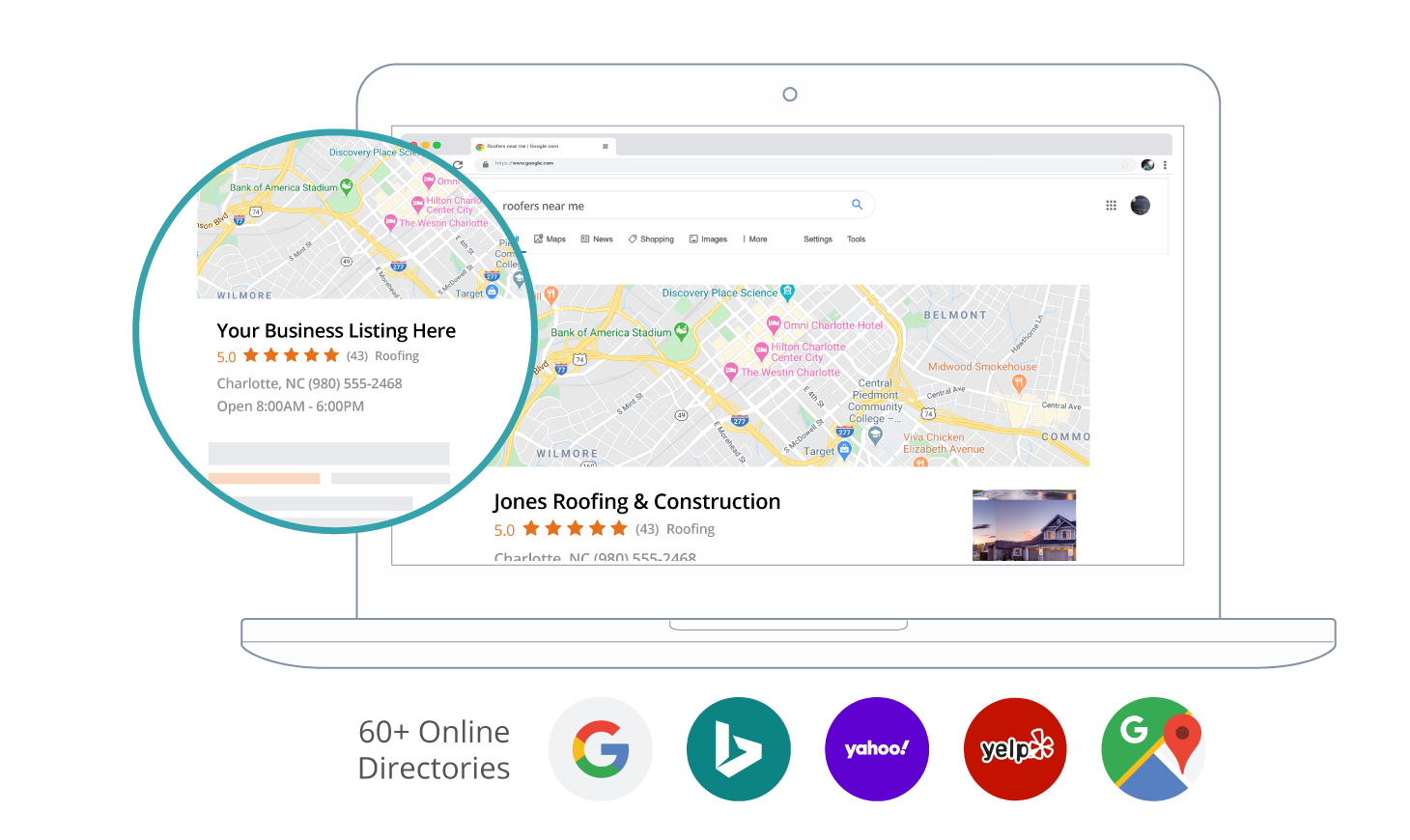
Local Citations Building
With the increasing use of mobile devices, it's crucial to ensure your website is optimized for mobile viewing. A responsive design and fast-loading pages contribute to a positive user experience, which search engines prioritize.

Understanding Search Engine Optimization
Search Engine Optimization (SEO) is the practice of optimizing your website to improve its visibility on search engine results pages (SERPs). By implementing various techniques and strategies, you can enhance your website’s chances of ranking higher for relevant keywords, thus increasing organic traffic from search engines.
Importance of Online Visibility
In today’s digital landscape, online visibility is crucial for businesses of all sizes. When potential customers search for products, services, or information related to your industry, you want your website to appear prominently in their search results. This visibility can significantly impact your brand’s exposure, customer acquisition, and overall success.
Ready to Talk?
We’re excited to help businesses achieve their goals! When you pick Creative Web Designs as your digital marketing agency, you won’t receive a one-size-fits-all plan. Instead, we’ll provide a personalized strategy that suits your unique company, needs, and objectives. Let’s make your dreams a reality together!
Office Phone
(844) 881-9327
After Hours
(210) 392-1433




